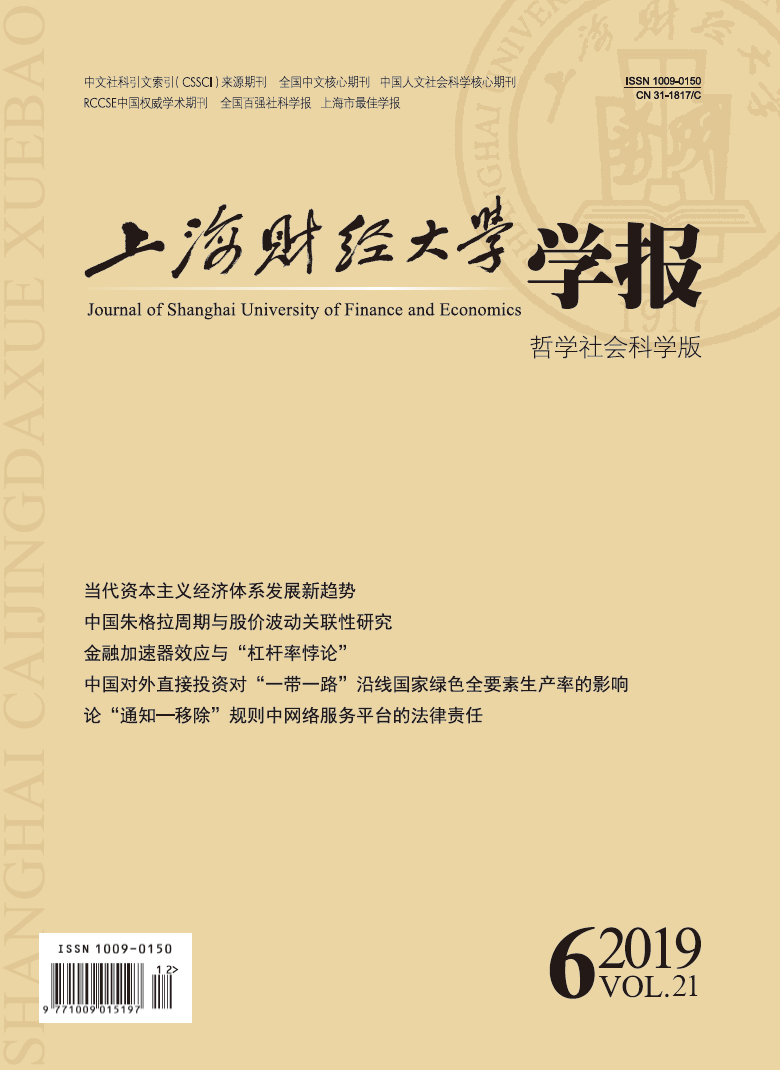Capital is the dominant economic power in bourgeois society. The capitalist economic system has undergone tremendous changes since its birth, while the nature of private capital for the sole purpose of maximizing proliferation has never changed. It is under the control of this capital nature that a series of profound changes have taken place in the contemporary capitalist economic system.
The first change is the transformation from the first generation of globalization to the second generation of globalization, namely, from colonialism to hegemonism. It has resulted in a new center-periphery international structure consisting of the international industrial chain and the international financial chain, as well as the international political and military chain thereon based on them.
The second one is the development of human and knowledge capitalization besides material capital. The most typical feature of this change is that the human capital is as important as material capital, which enables workers to obtain higher wages than the general labor force, and its difference is the value of human capital.
The third one is the welfare of developed countries based on the opposition between poor producer countries and rich consumer countries, which is a forced choice that capital has to make under external pressure, and the development of capital and global expansion provides the possibility for it.
The fourth one is the second generation financialization, which aims at dividing up and grabbing surplus value, tries to make all the illiquid assets securitized, and creates a virtual capital world free from industrial capital.
All these changes are aimed at alleviating and resolving the inherent contradiction of capitalism, that is, the contradiction between socialization of production and private ownership of capital, objectively expanding the capacity of capitalist production relations for the development of productive forces. As a result, there are two major results in the international industrial structure: one is the " industrial hollowing” of developed countries and the international industrial chain it produces; the other is the " economic virtualization” of developed countries and the international financial chain it produces. The overall goal is to make developing countries as producing countries impoverished forever, which is the paradise where capital earns surplus value of labor force, and at the same time to flow the surplus value of division and plunder to the home country of capital, so that the home country becomes the paradise of consumer market. Thus, the fundamental contradiction inherent in the capitalist mode of production seems to lead to an almost perfect " solution”.
However, the fundamental contradiction of capitalism cannot be solved, and it just becomes more complex, which results in a series of new contradictions. Developed countries have launched international trade wars, technological wars and financial wars in order to recover their declining situation in these contradictions, which will constitute new challenges and opportunities to China.





 8795
8795  11090
11090

